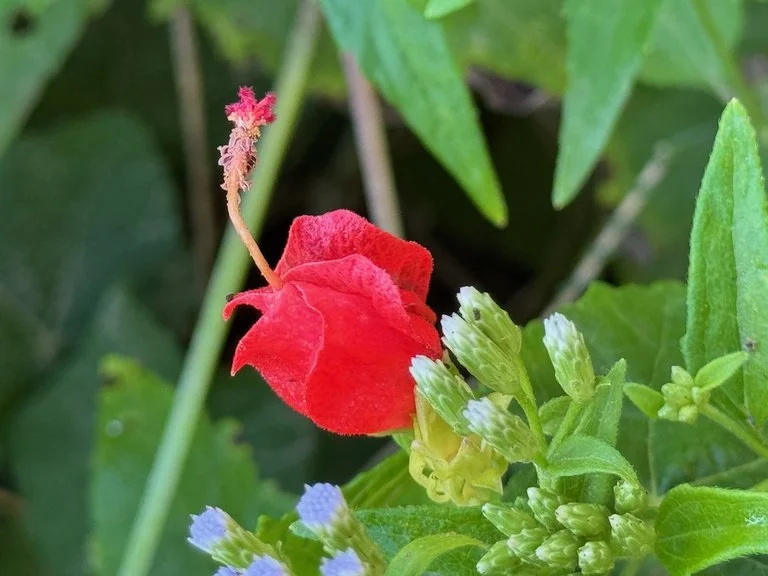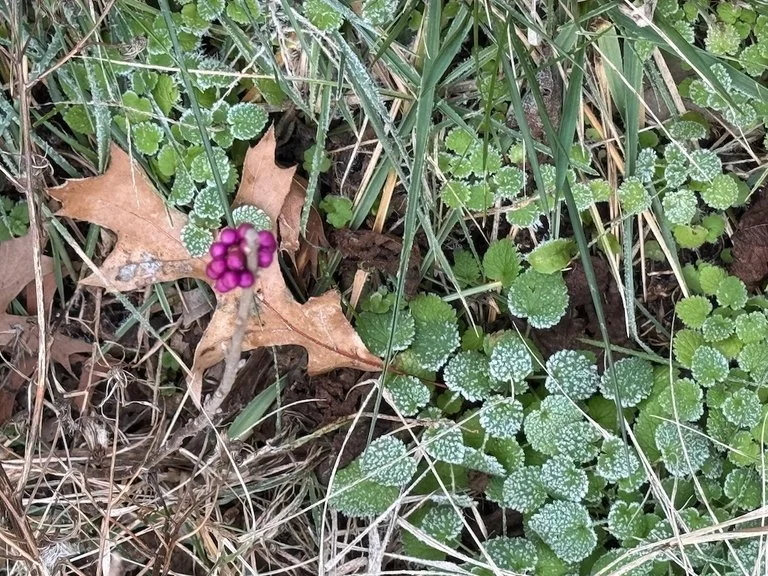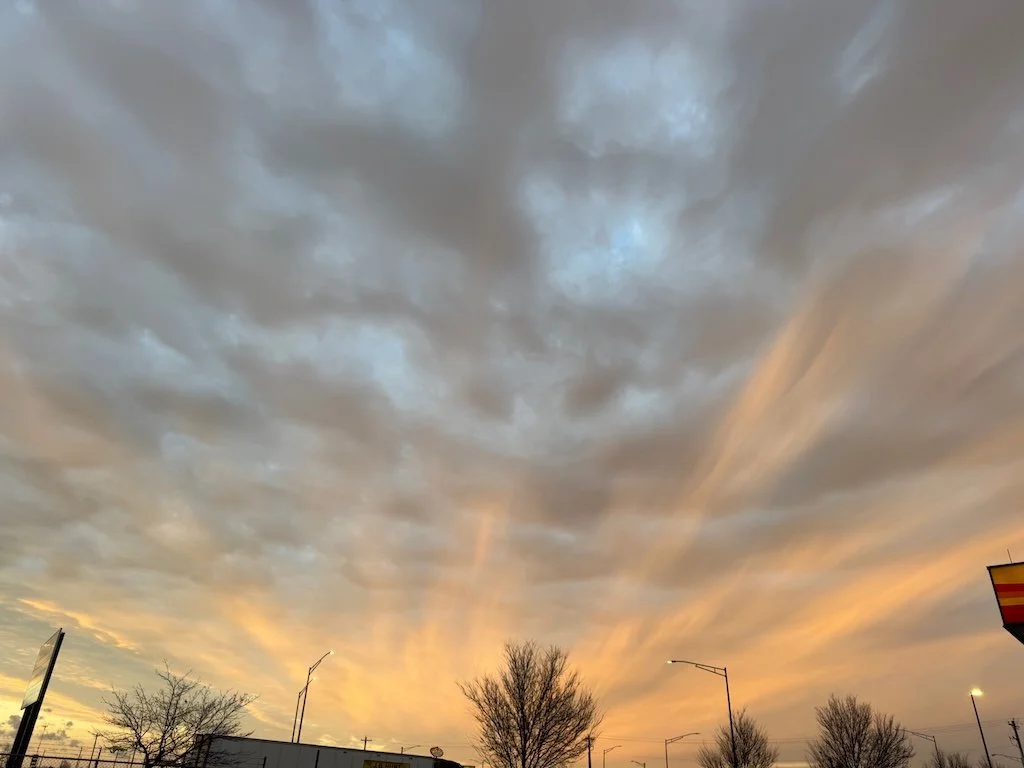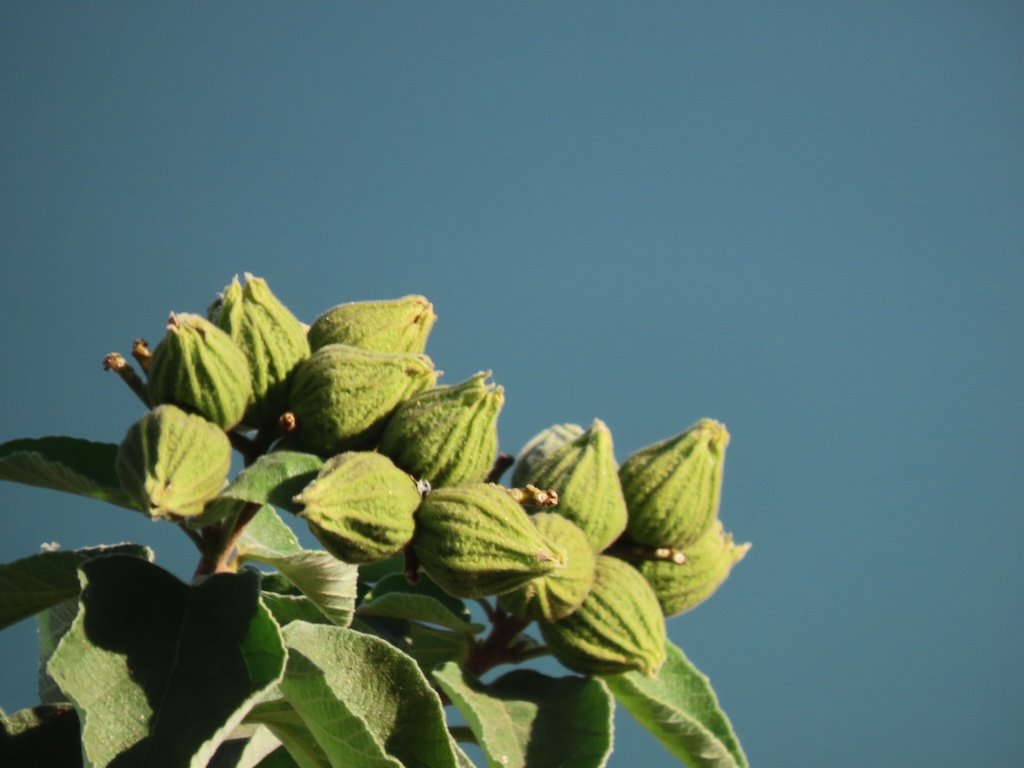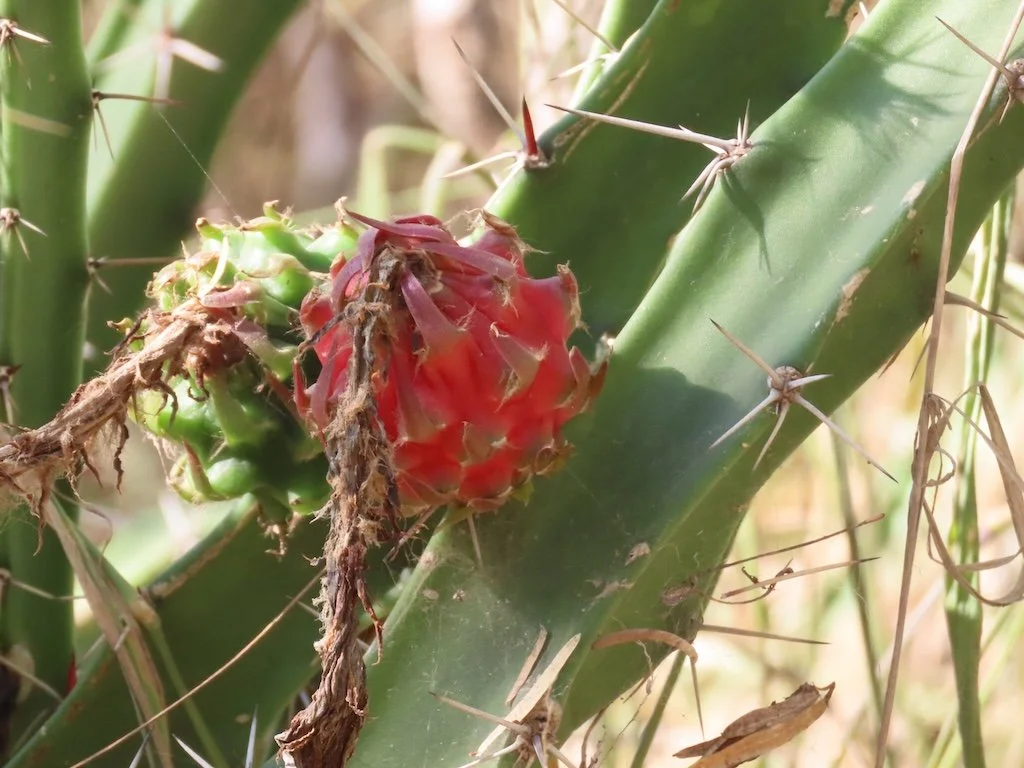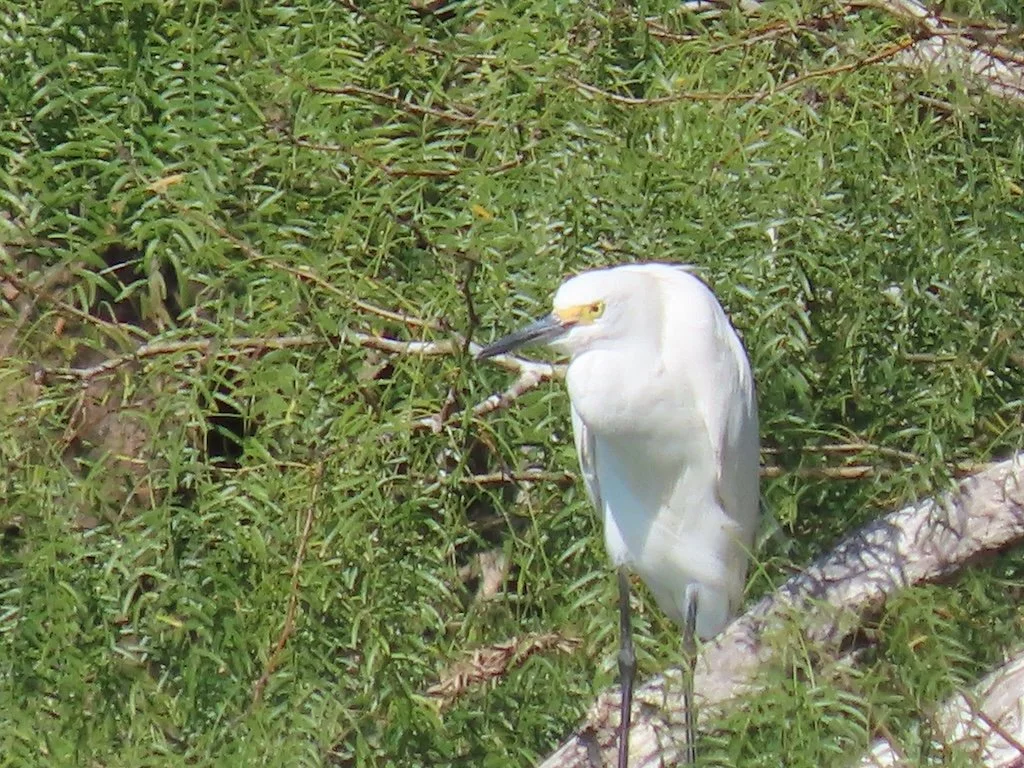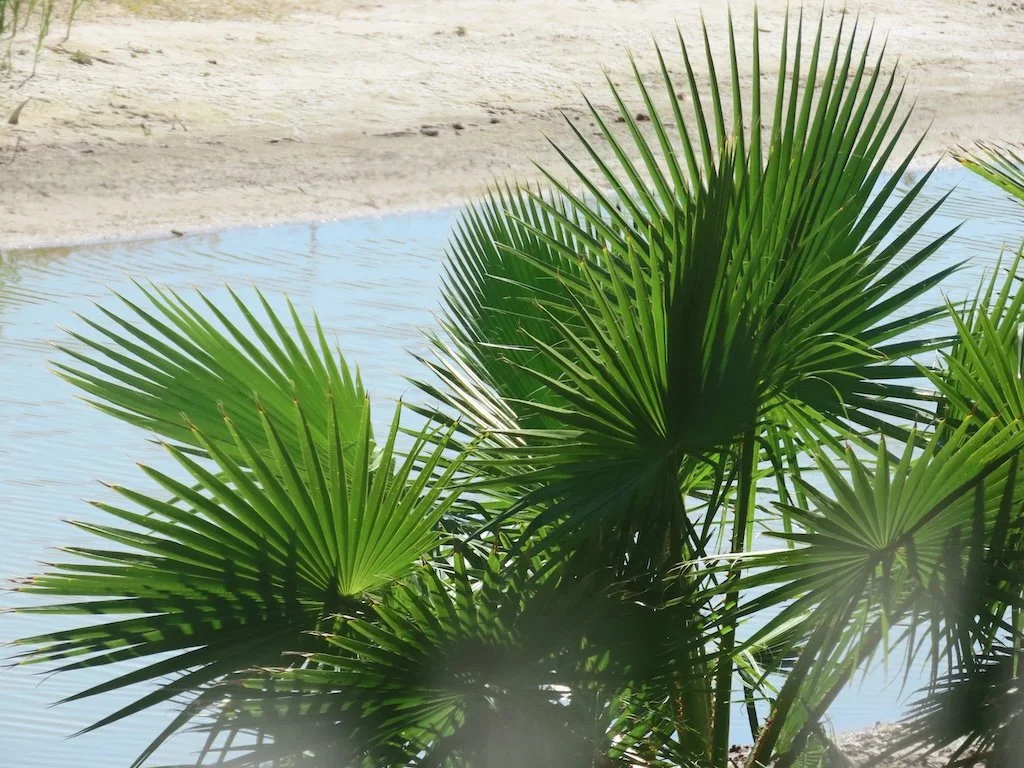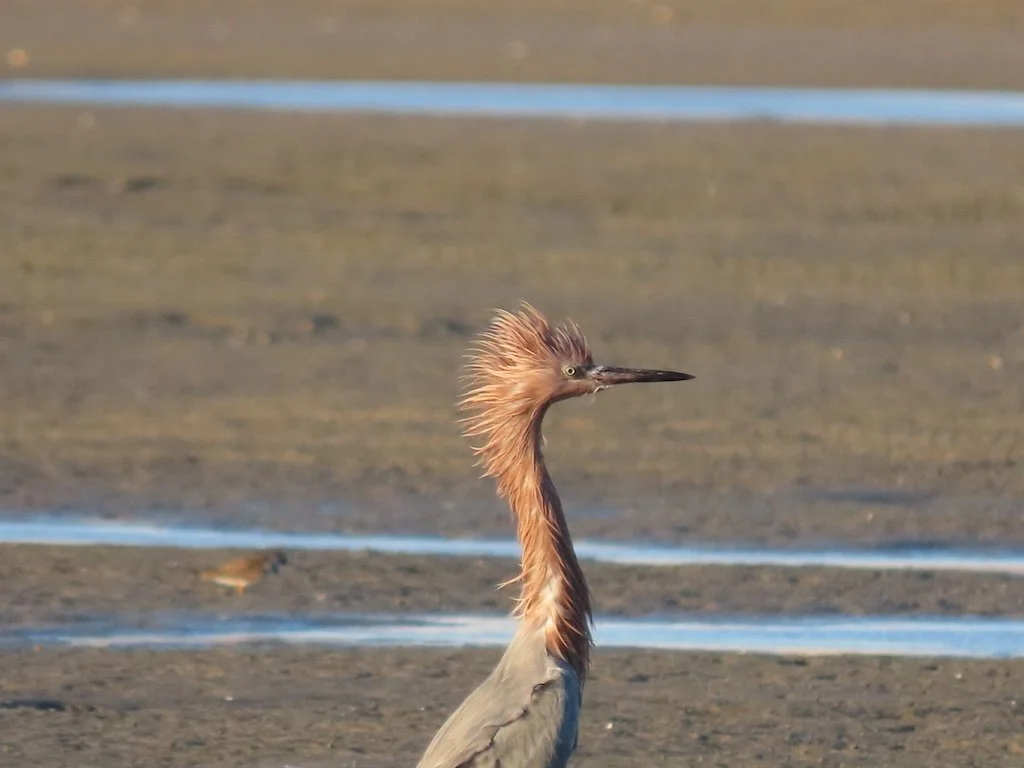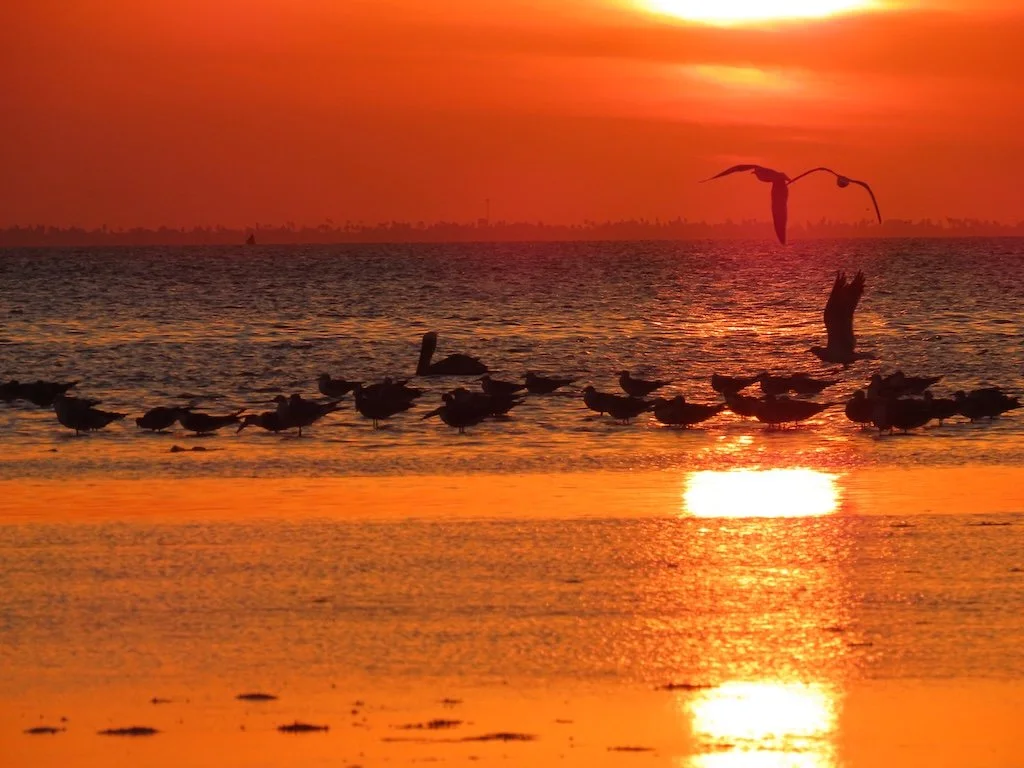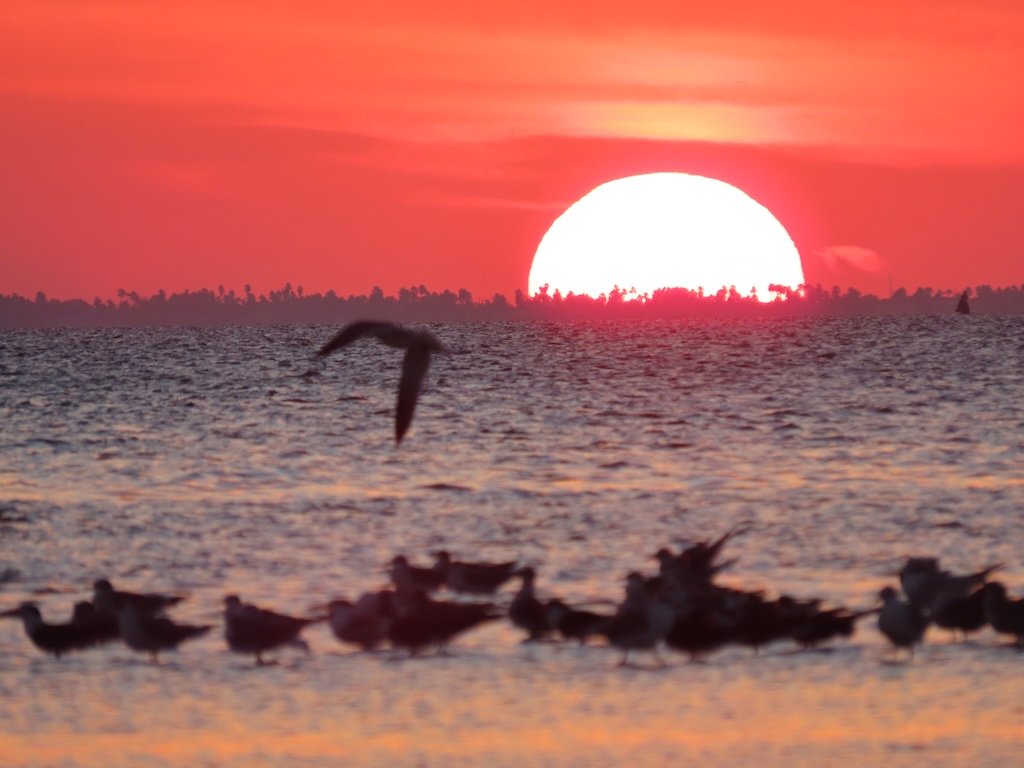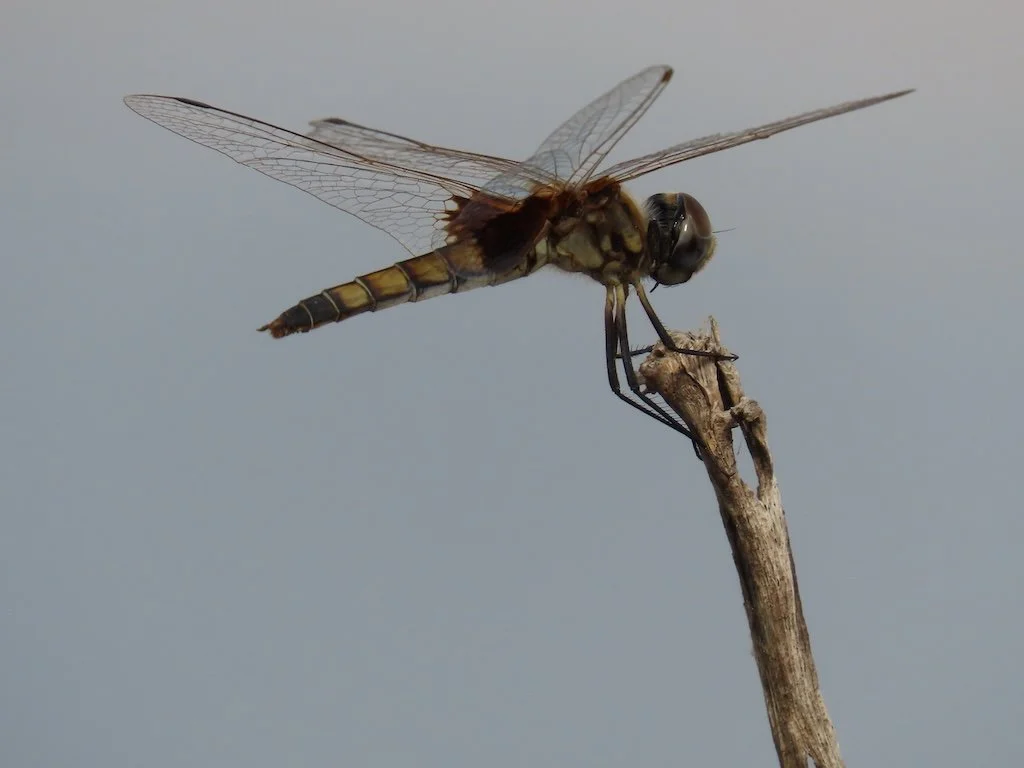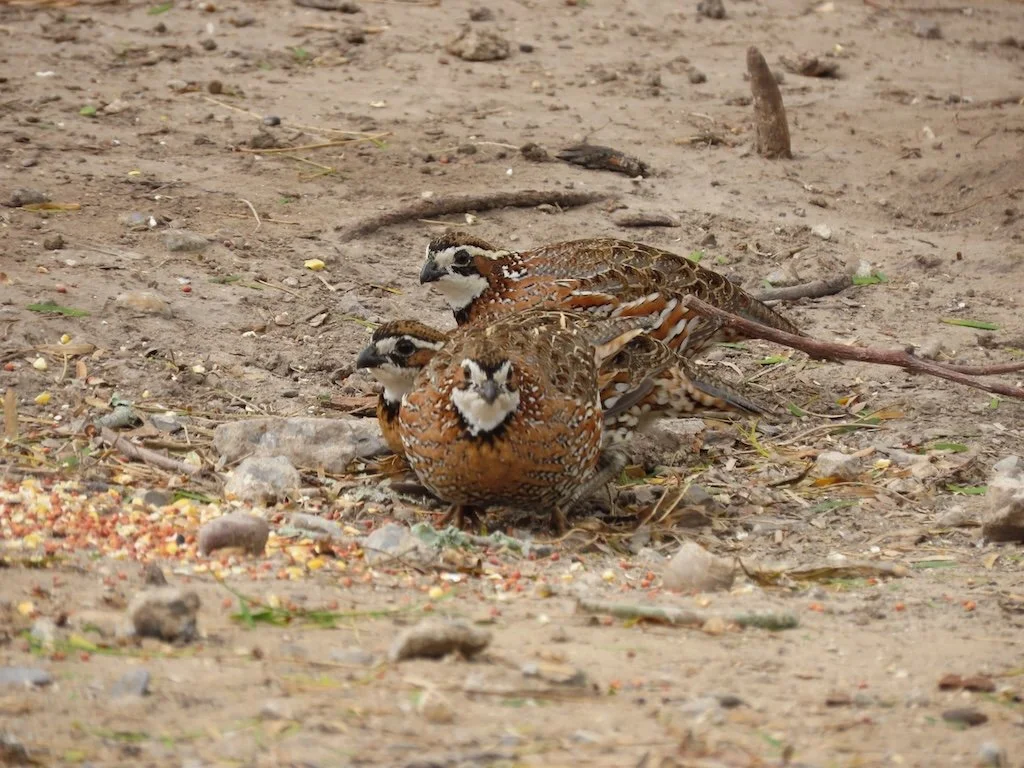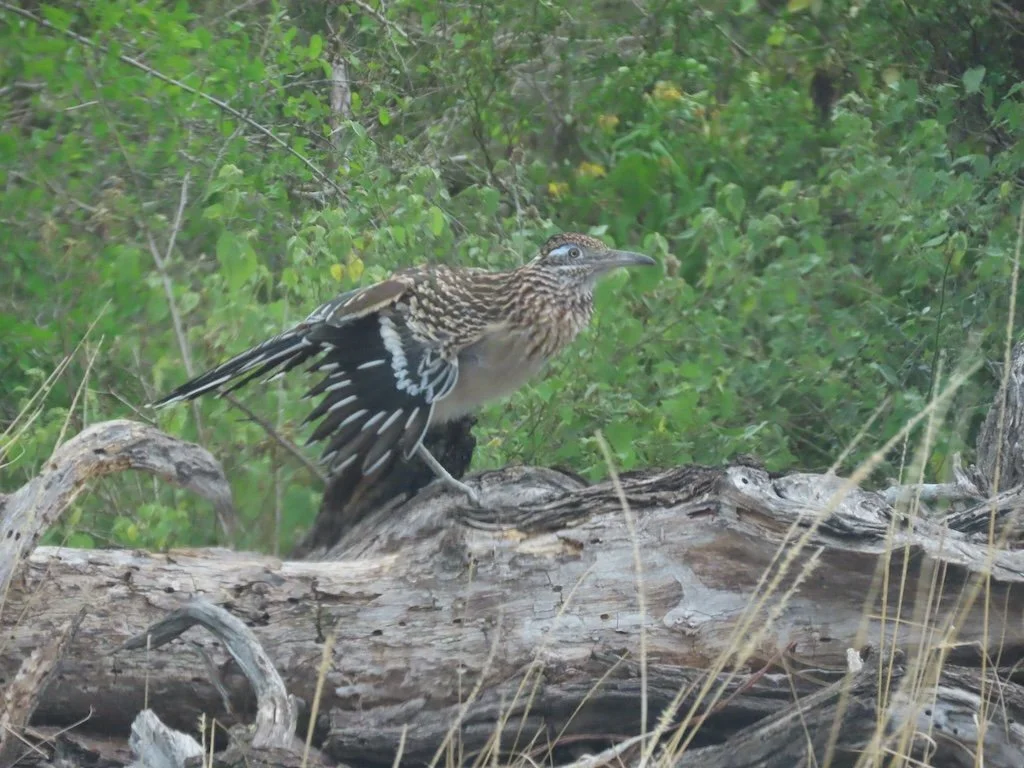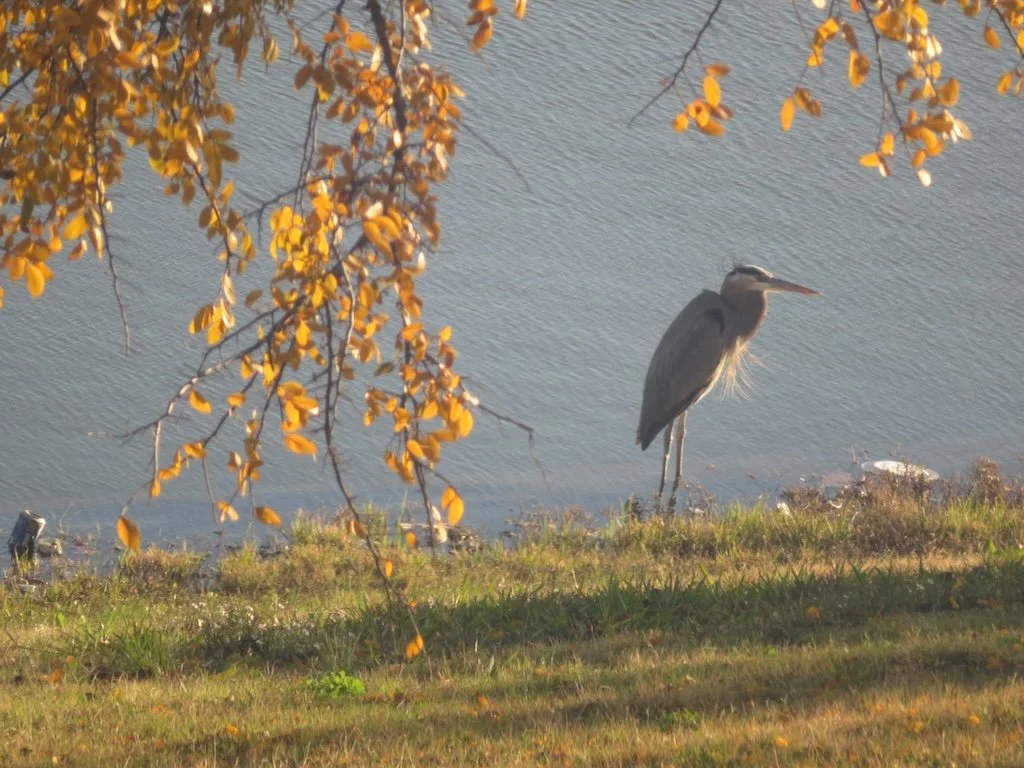Gleanings of the Week Ending March 25, 2023
/The items below were ‘the cream’ of the articles and websites I found this past week. Click on the light green text to look at the article.
Arctic river channels changing due to climate change – The prediction was that Arctic rivers would be destabilized by atmospheric warming…that thawing permafrost would weaken riverbanks causing faster channel changes. Using 50 years of satellite data for areas of Alaska, the Yukon and Northwest Territories (which is experiencing the sharpest atmospheric warming due to climate change), researchers have discovered that greening of the area due to warmer temperatures has caused the riverbanks to be more stable…decreasing the sideways migration of river channels by 20% in the Western Arctic!
US Energy Storage Made Record Gains Last Year – A good new story! Something I didn’t know too: “they US remains the largest demand market for energy storage in the world.”
A pool at Yellowstone is a thumping thermometer – The water vibrates…the ground shakes. The intervals between reflects the amount of energy heating the pool at the bottom and how much heat is being lost from the surface.
Awe-Inspiring Videos Show Powerful Ospreys Diving in Pursuit of Prey – Photographer Mark Smith’s Osprey pictures/videos. I saw this post and the photographer was mentioned in the composition class I was views on the same day!
Crocodiles are uniquely protected against fungal infections. This might one day help human medicine too – Crocodiles have unique defensins (components of white blood cells and mucous membranes) that are inactive at neutral pH (as in the blood) but are active in sites of infection where the pH is lower (i.e. acidic). There is a lot more research and trials between this finding and application to humans.
'All work, no independent play' cause of children's declining mental health – The reduction has happened over decades. I was surprised by the quantification: “Between 1950 and 2010, the average length of the school year in the U.S. increased by five weeks. Homework, which was once rare or nonexistent in elementary school, is now common even in kindergarten. Moreover, by 2014, the average time spent in recess (including any recess associated with the lunch period) for elementary schools was just 26.9 minutes a day, and some schools had no recess at all.”
Mesa Verde National Park has plan to save Spruce Tree House – The area has been closed since 2015 because of concerns that layers of sandstone could peel away from the arch at any time. There is a lot of work involved and the plan is current open for public comment. When we visited Mesa Verde back in 1980, it was still open to visitors. Mesa Verde is still a National Park I would like to revisit.
Toxic red tide is back in Florida – Another deterrent to making a road trip to Florida….although it appears that right now there are no red tides in the panhandle…which would be the closest destination for us…I’m thinking maybe Pensacola.
Here Are the Incredible Winners of the 2022 World Nature Photography Awards – A little eye-candy for this week. ‘Fungus Horizon’ is my favorite.
Heat pumps for every home – A good introduction to heat pumps. I want a variable speed heat pump that uses the existing ducts in my house!

